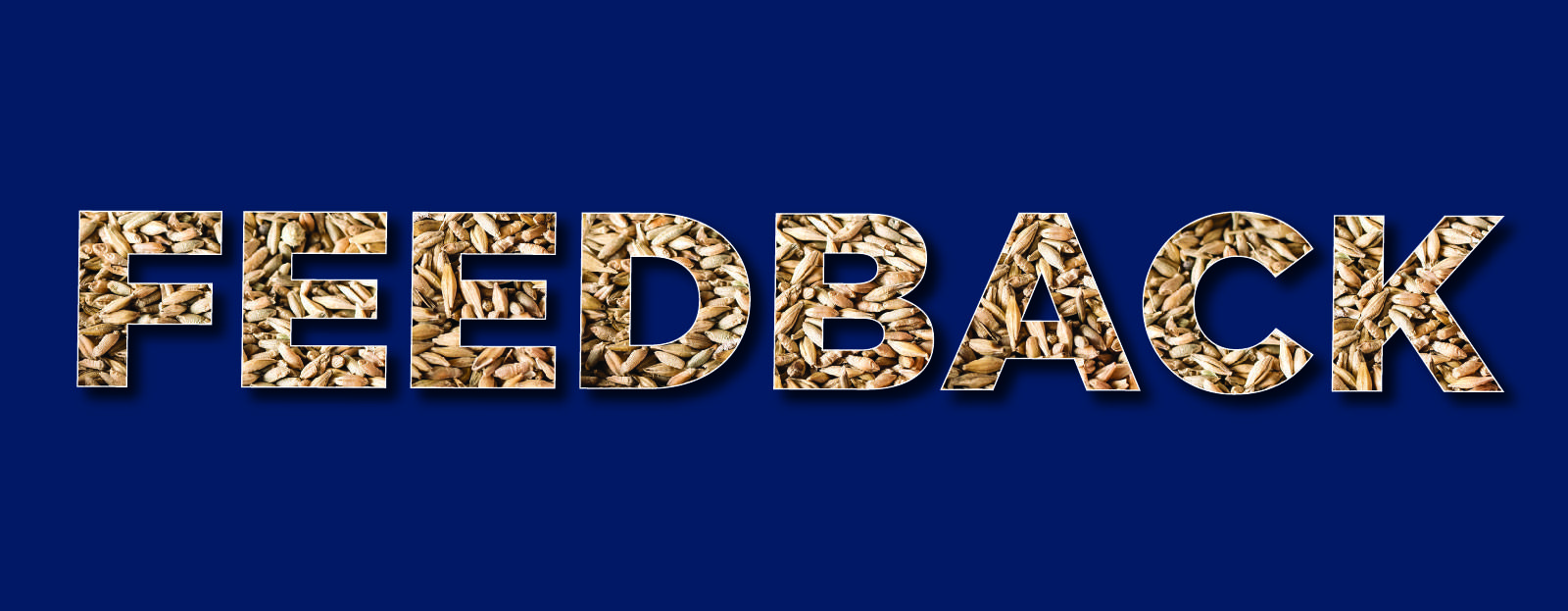
In general, the majority of participants in the consultation indicated that they do not support the draft Responsible Grain Code of Practice as it is currently written. Respondents provided many comments and suggestions to improve the wording and simplify the document.
Many of those who provided feedback indicated that one of the main areas of concern was the tone of the language used in the Code of Practice. According to Canadian Roundtable for Sustainable Crops, many respondents perceived the tone of the document as accusatory and suggested that the Code highlight good things farmers are doing. Some commented that the background descriptions and rationale for each module create a negative tone that will not help to build public trust – a stated goal of the code.
A significant portion of farmers indicated that they are currently following most of the proposed practices and felt that formalizing the practices into a Code would not provide any tangible benefits to producers. There was a significant concern that the proposed Code of Practice could lead to an increase in regulations.
Respondents indicated that the draft Code wording is confusing, too long, redundant, and repetitive. Many commented that the proposed Requirements and Recommended Practices are too specific and suggested that it should be kept at a higher level, focusing on general principles or outcomes. As well, those who responded suggested that it is challenging to have a national code that is relevant and applicable to each province. There were also several suggestions that the code should be aligned with existing programs such as the Environmental Farm Plan (EFP) and the 4R Nutrient Stewardship Program.
While some respondents indicated that software systems make record-keeping easy, many more indicated that the proposed record keeping requirements are not practical, nor needed. Most of all, respondents were concerned that they would need to submit detailed records.
Some respondents commented that the proposed Requirements or Recommended Practices do not consider the most recent practices being used on farms and/or does not allow for the adopting of future technology.
The Code references the use of specialists such as agrologists, experts and engineers which was viewed by many respondents as increasing costs for farmers and not considered necessary. Respondents would prefer that the Code reinforce that farmers are, in fact, experts and are often highly educated specialists.
Feedback on Specific Modules
Respondents provided detailed feedback on the proposed Requirements and Recommended Practices in each of the seven Modules. For the most part there were wording changes or requests for simplification on the following modules:
- Pest and Pesticide Management
- Seed Selection and Use
- Nutrient Management
- Soil Management
The module related to Water Management had general agreement, but the section on agricultural land drainage as written was generally viewed as too vague. There was agreement with many of the proposed Requirements for the Health and Wellness module, but the Recommended Practices section was viewed as too specific and it was suggested these should be individual business decisions.
The module which received the strongest disagreement was the Land Use & Wildlife module.
The Canadian Roundtable for Sustainable Crops indicates that it is very appreciative of the time that grain farmers spent to provide feedback on the draft Responsible Grain Code of Practice. The Roundtable notes that not only did grain farmers provide their opinion on each of the Code draft Requirements and Recommended Practices and options for rewording, consultation participants asked some fundamental questions such as “Is public trust really an issue for grain farmers?” or “How is a Code going to help maintain markets?”
The CRSC Steering Committee will be taking the opportunity to focus on these questions by undertaking analysis, leading to a “White Paper”, to further inform discussion on the Responsible Grain Code of Practice. Canadian Roundtable for Sustainable Crops Steering Committee says it is taking seriously the issues that were raised in the consultations, and that it hopes to have finished the above work by the fall of 2021.
For more details, details can be found in the Feedback Summary report on the Responsible Grain website: https://responsiblegrain.ca/

